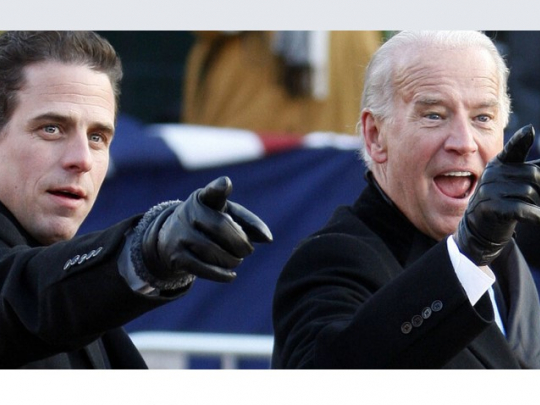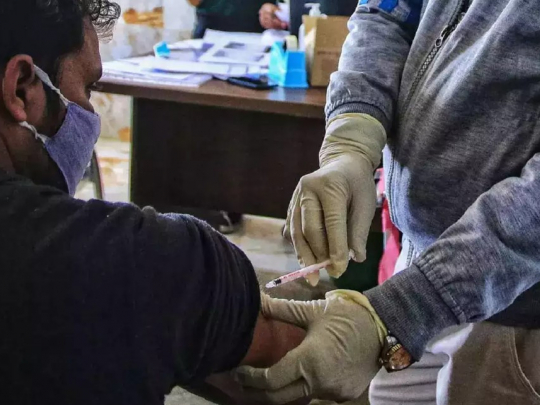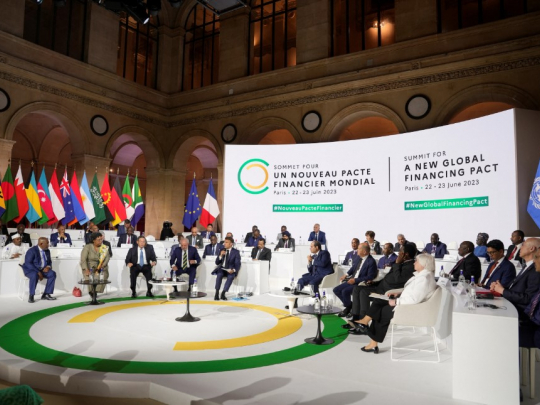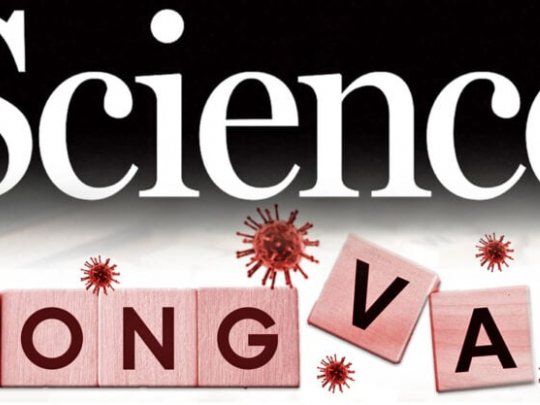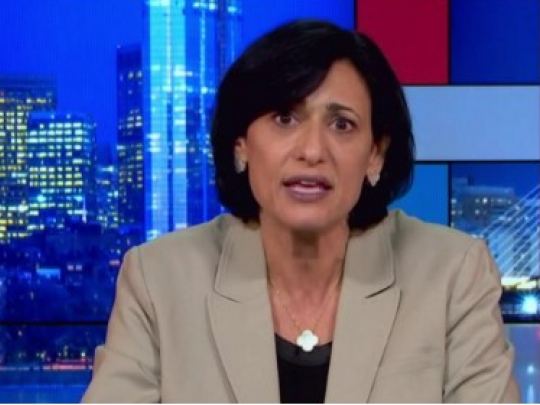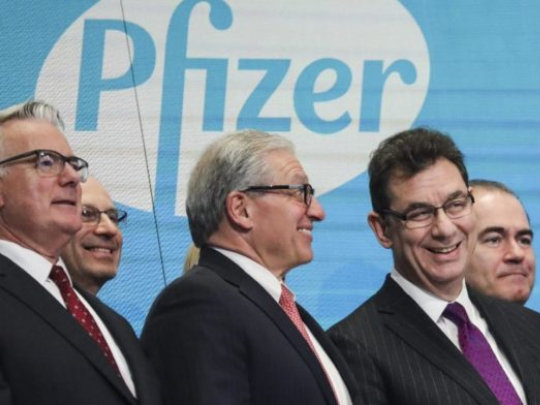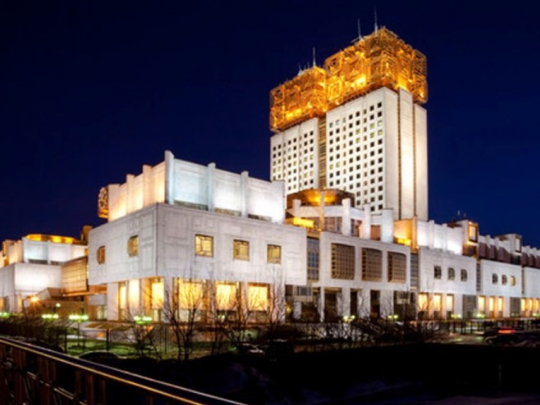Vaccines Offer US Economy Hope, But Next 4-5 Months Pose Challenges - Fed Chairman
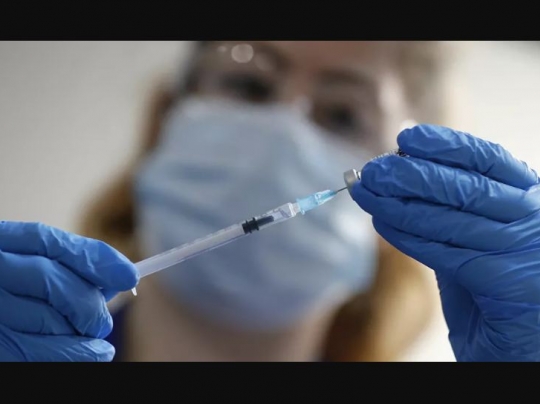
The start of COVID-19 vaccinations in the United States offers hope of turning the economy around by middle of next year, yet surging infections over the next four to five months could do irreparable damage to many businesses, the Federal Reserve chair, Jay Powell, said on Wednesday.
"Recent news on vaccines has been very positive. However, significant challenges and uncertainties remain with regard to the timing, production and distribution of vaccines, as well as their efficacy across different groups," Powell told a news conference after the Fed's monthly policy meeting. "The ongoing surge in new COVID-19 cases both here in the US and abroad is particularly concerning, and the next few months are likely to be very challenging."
Powell said he expected "significant numbers" of people to get vaccinated against the virus by the end of the second quarter and anticipated that the economy would be performing strongly by the second half of next year.
“But we know there are small businesses all over the country that have been basically unable to really function and they are just hanging on. They are critical to our economy. Now that we can kind of see the light at the end of the tunnel, it would be bad to see people losing their business, their life's work in many cases or even generations worth of work because they couldn't last another few months, which is what it amounts to,” he said.
US drug company Pfizer started rolling out its COVID-19 vaccine developed with German partner BioNTech, with health authorities estimating that some 100 million Americans are expected to be immunized to the virus by spring. On the heels of the Pfizer vaccine is another developed by Moderna, expected to win US government approval later this week.
Despite hope offered by vaccines, the pandemic has raged anew in the United States in recent weeks, after a respite in the summer and early fall. Infections have crossed 16 million since January, hospitalization has hit daily record highs of above 100,000 and deaths have breached 320,000.
Over 21 million Americans lost their jobs between March and April, at the height of lockdowns forced by the pandemic. A rebound of 2.5 million jobs was logged in May and 4.8 million in June, before the recovery again slowed. For both September and October, less than 700,000 jobs were added each month. In November, there were just 245,000 additions.
The Fed announced on Wednesday it will keep US interest rates at near zero which it dropped at the start of the pandemic and buy at least $80 billion per month of Treasury securities and $40 billion per month of agency mortgage-backed securities in a bid to provide additional employment and price stability goals.
Aside from the Fed initiative, lawmakers in the US Congress have been working to pass a stimulus relief said top be worth over $900 billion, which would include stimulus checks to needy Americans, after an earlier stimulus of about $2.2 trillion approved in March.
“All of these government policies (are) trying to work together to create a bridge across this economic chasm that was created by the pandemic,” Powell said. “For many Americans that bridge is there and they are across it. There is a group that don't have a bridge yet. It's the ten million people who lost their jobs and people who may lose their homes. You see many millions of Americans are waiting in food lines in their cars these days all over the country. We know there is a need out there.”
The US economy shrank by 5 percent in the first quarter and a record 31.4 percent in the subsequent three months before rebounding by 33.1 percent in the third quarter.
- Source : Sputniknews.com




